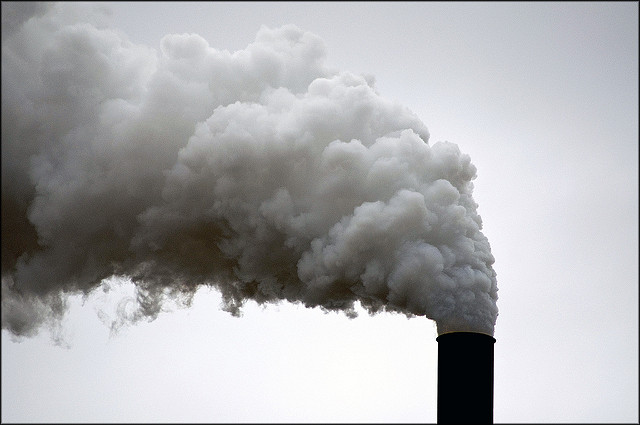How offsetting threatens even the most ambitious carbon pricing initiatives
As leaders from three major carbon pricing jurisdictions meet in Brussels this week, it is important to take stock of how effectively pollution is priced in China, Canada, and the EU, and how it can help deliver on Paris climate goals.

The 24th UN Climate Change Conference (COP24) is only a few months away, and leaders from all over the world are scrambling to set the scene for a successful negotiation. This will certainly be on the minds, and lips, of leaders from China, Canada, and the EU, as well as over 30 ministers from the EU and beyond, as they meet to discuss further cooperation on climate action this week in Brussels. Productive discussions at the “Ministerial on climate action” meeting could help improve the mood for negotiations in December, including on the new carbon market mechanisms.
How pollution is priced is key to the success of any carbon pricing scheme
China, Canada and the EU are major advocates of economic tools for reducing their emissions, and all three have recently made significant strides in carbon pricing. Over the past six months, the EU agreed to reform its flagship Emissions Trading System (ETS), Canada launched a nationwide carbon pricing initiative, and China announced the official launch of its national ETS, which is to become the world’s largest in no time.
All these initiatives mark great developments on carbon pricing, although none of them are likely to be stringent enough to set their country on a Paris-compatible emissions reduction trajectory.
After a round of patting themselves on the back for the progress achieved, the three major participants to this MoCA should pedal harder and think seriously about how to effectively price carbon so it reflects the societal damage it causes.
Dangers of offsetting
Indeed, although the world is making some progress on carbon pricing, leaders continue to ignore the elephant in the room, threatening to undermine even the most ambitious pricing system: offsetting.
Offsetting, whereby countries or sectors pay others to reduce emissions, instead of reducing them themselves or in order to be able to increase them, is an outdated relic from the past and has no place in a Post-Paris world where everyone needs to urgently cut pollution.
A study by the European Commission found that only 2% of offsetting projects under the UN’s Clean Development Mechanism (CDM) clearly reduce emissions. In addition, many of them are linked with serious human rights violations.
The EU has decided not to use international offsets to meet its domestic climate targets in the post-2020 period. However, this is not the case for Canada which, while considering restrictions on what kind of projects can be used, will allow the use of offsets as part of its national carbon pricing scheme. As a major source of offset credits, China is also keen to keep the current outdated system in place.
The biggest demand for future offsets, however, may come from one single sector: international aviation.
This means that as the International Civil Aviation Organisation (ICAO) gears up to set in motion a sector-wide offsetting scheme, the risk of using cheap and low-quality carbon offsets to escape obligations reflecting the polluter pays principle is very real.
It is time that the issue be taken up at the highest level, and for ministers to discuss the necessary measures to avoid that the carbon pricing systems they have designed be undermined by offsetting systems.
The MoCA will be an occasion to look at the bigger picture on climate policies, and part of this exercise should be to understand the synergies between climate policies, including how offsetting threatens all carbon pricing initiatives. Seen that this so-called climate policy can severely undermine other, more effective, systems, it is high time it be fully ruled out of the “solutions” category.






